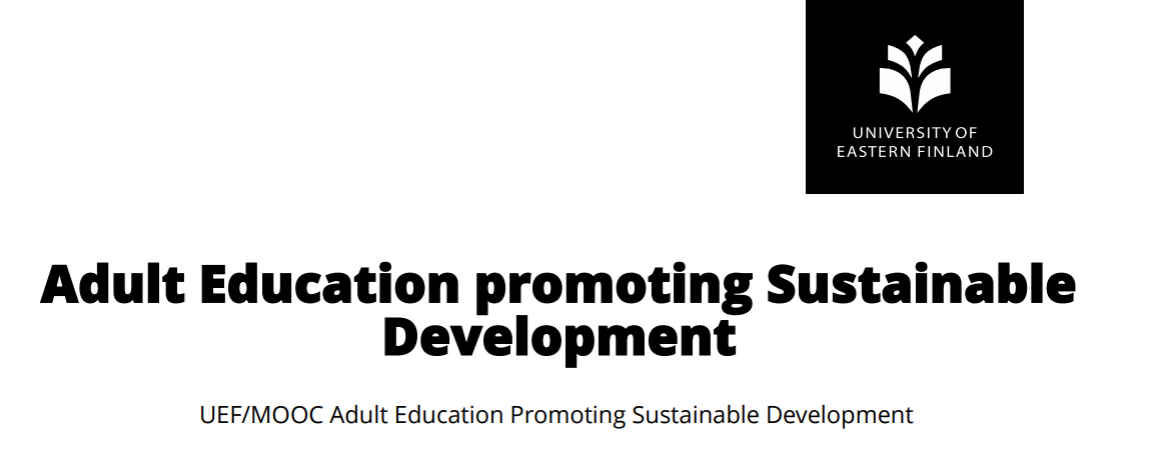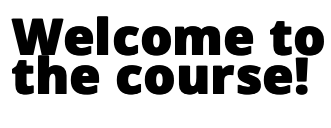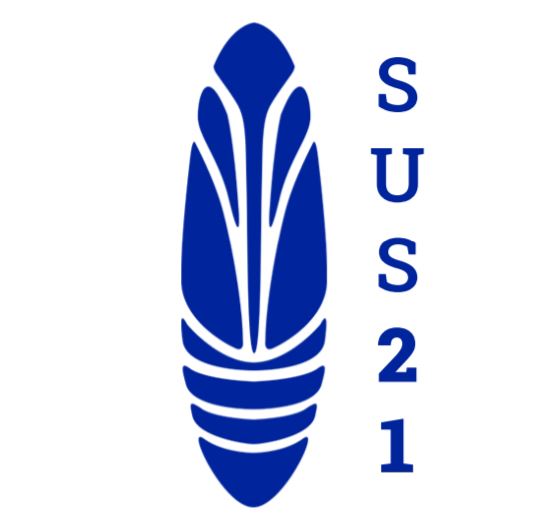
Adult Education Promoting Sustainable Development (UEF)
Sustainable development is a topic occupying the minds of more and more adult educators in today’s world. But do we actually know the ways in which sustainability is connected to everyday life, educational policy, or citizenship? The training modules of the online course “Adult education promoting sustainable development”, showcase the different aspects of social sustainability in the contemporary world. The course is open to all, regardless of place or time, as an open online course. Using adult education as a tool, we can work on achieving sustainable goals.
Link to course
The online course covers the following topics:
– Introduction to the concepts of adult education and sustainable development.
– Adult education, education policy and sustainable development.
– Work and family, towards a sustainable working life.
– Leisure time and non-formal learning.
– Media and new technologies as enablers and threat to sustainable development.
– Global citizenship education and critical perspectives
After completing the course, students will:
– Be familiar with the concept of adult education and sustainable development within a social cultural context.
– Be able to discuss and compare sustainable development within Finnish adult education policy.
– Be familiar with how work/life balance connects to sustainable development and how to encourage it.
– Be familiar with the connection between non-formal learning and social cultural sustainable development.
– Be familiar with how the development of new technologies can enable or disrupt sustainable development
Aikuiskasvatus kestävän kehityksen edistäjänä (UEF)
Kestävä kehitys mietityttää nykyisin yhä useampia aikuiskasvatuksen
ammattilaisia. Tiedämmekö, kuinka kestävä kehitys on yhteydessä arkeen, koulutuspolitiikkaan tai kansalaisuuteen? Verkkokurssi “Aikuiskasvatus kestävän kehityksen edistäjänä” esittelee esimerkkejä sosiaalisen kestävyyden eri näkökulmista. Kurssi on avoimena verkkokurssina tarjolla kaikille paikasta ja ajasta riippumatta. Aikuiskasvatuksen avulla voimme saavuttaa suuriakin kestävän kehityksen tavoitteita!
Verkkokurssi sisältää seuraavat kokonaisuudet:
– Johdanto aikuiskasvatuksen ja kestävän kehityksen käsitteisiin
– Aikuiskasvatus, kasvatuspolitiikka ja kestävä kehitys
– Työ ja perhe – kohti kestävää työelämää
– Vapaa-aika ja non-formaali oppiminen
– Media ja uudet teknologiat kestävän kehityksen mahdollistajina ja uhkina
– Globaalikasvatus ja kriittiset näkökulmat
Kurssin suoritettuaan opiskelija:
– Hahmottaa aikuiskasvatuksen ja kestävän kehityksen käsitteet yhteiskunnallisesta ja kulttuurisesta näkökulmasta
– Pystyy keskustelemaan ja vertailemaan kestävää kehitystä suomalaisen kasvatuspolitiikan näkökulmasta
– On tutustunut työelämän tasapainon ja sen edistämisen suhteeseen kestävään kehitykseen
– Osaa tunnistaa non-formaalin oppimisen roolin yhteiskunnallisessa ja kulttuurisessa kestävässä kehityksessä
– Hahmottaa, miten uudet teknologiat voivat mahdollistaa tai toimia uhkina kestävälle kehitykselle
The course consists of six (6) independent learning modules. In the modules, students will complete a set of learning tasks. There are compulsory parts and optional parts in each module.
COURSE INSTRUCTIONS
Introduction to the concepts of adult education and sustainable development
1.Defining Key Concepts – Sustainability
2. Ecological/Environmental Sustainability
3. Economic Sustainability
4. Social Sustainability
5. Cultural Sustainability
6. The Importance of Culture For Sustainability (video)
7. Key Principles of Sustainable Development
8. Defining Key Concepts – Adult Education
9. Adult Education & Sustainability
10. Key Points of Module 1
11. References 1&2
Adult education, educational policy and sustainable development
1. Education for a sustainable future
2. Introduction to Module 2
3. Core concepts
4. Current adult education policy
5. Adult education policy in Finland
6. Need for sustainable development 1 & 2
7. Adult education for sustainability 1, 2, 3, 4 & 5
8. Links to sustainable development: Goals 4 & 10
9. Promoting inclusion and equality 1 & 2
10. Questions
11. Optional video bank
12. References
Work-Life Balance & Social Sustainability
1. Introduction to modern work and work/life balance
2. Causes of mental drain from work
3. Detriments of poor work life/balance on individual
4. Detriments of poor work life/balance on society
5. Link to sustainable development goals 3 & 8
6. Possible solutions to improve work/life balance
7. Key points of presentation
Leisure time and Non-formal Learning
1. Concept of leisure time
2. Leisure time and wellbeing
3. The work-leisure dichotomy
4. Formal, non-formal and informal learning
5. Non-formal learning
6. Non-formal learning in free time
7. Non-formal learning and sustainability
8. Key points/ Questions to think about/ References
Media and New Technologies as Enablers & Threat to Sustainable Development:
Digital competence & media literacy
1. Media and New Technologies
2. Introduction
3. Key concept: Digital Competence (3)
4. Digital divide
5. Key concept: Media Literacy
6. Key concept: Media Education
7. References (3)
Global Citizenship Education promoting Social Sustainability
1. What is Citizenship?
2. Free citizenship
3. Development of nation-state cizitizenship
4 The contradictions of democratic citizenship
5. Reflection
6. Cosmopolitanism 1 & 2
7. Global Citizenship Education (GCE)
8. GCE and Sustainable Development
9. Towards Glocal Sustainability in Education?
10. Key Points / References
